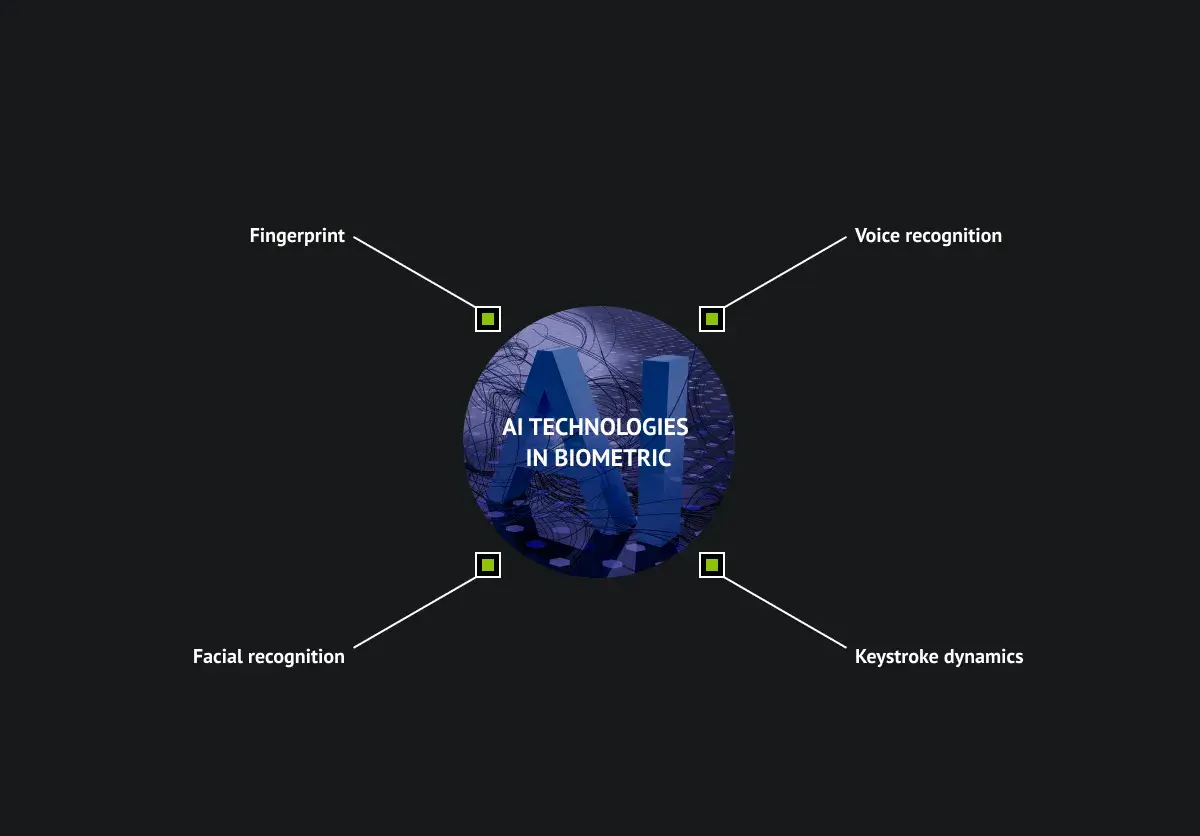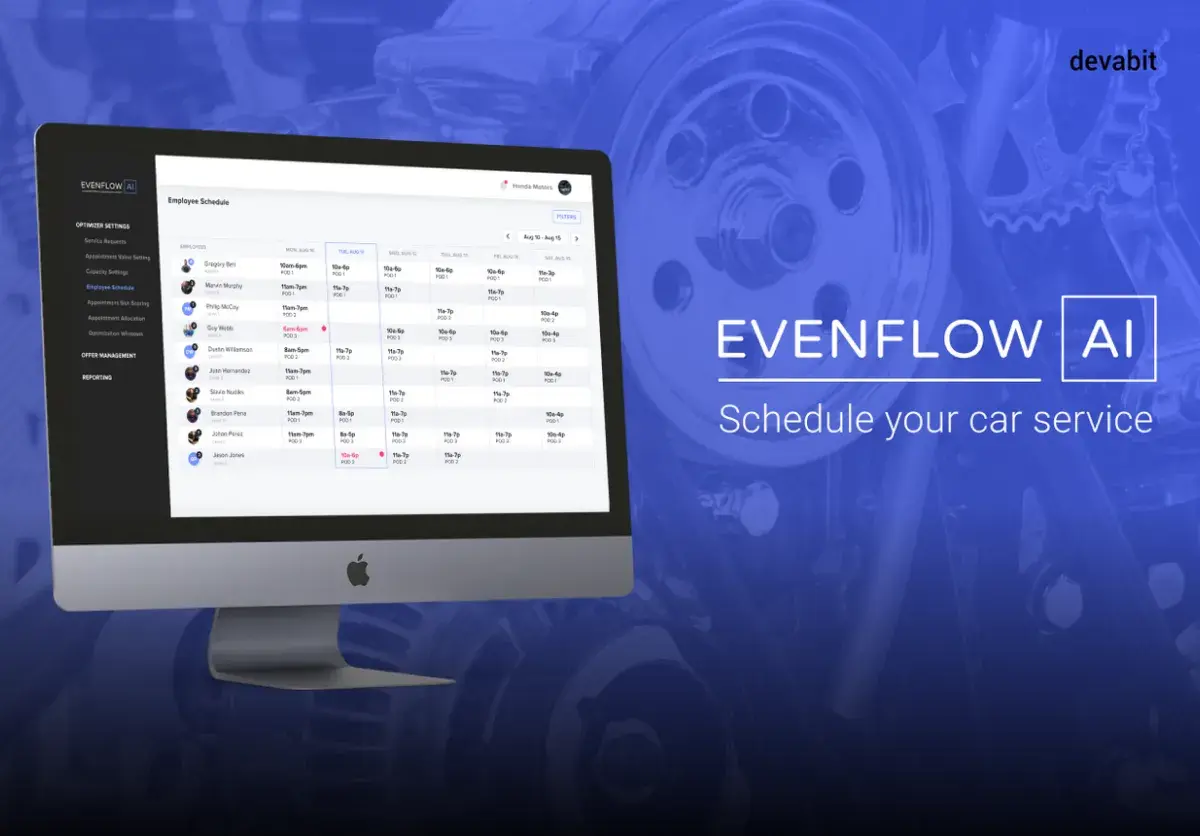SCIENCE AND TECHNOLOGY
“11 Game-Changing AI Technologies: Discover the Latest Trends Shaping the Future”
6. New Technologies in AI: Biometrics
With the help of new technologies in AI, biometrics has witnessed rapid growth. If in 2020 the biometrics market was valued at $22.68 billion, by the end of 2027 it is forecast to reach $85.96 billion. Now let us tell you more about the most popular methods of biometrics that have implemented the new technologies in AI.
Fingerprint recognition is one of the most widely used biometric methods. It’s employed in various sectors, from smartphone unlocking to border control. The Future Market Insights report states that the fingerprint sensor market consists of 15% of the global biometric system market. The fingerprint sensors’ revenue by the end of 2022 was $3.7 billion, with the expected growth to be $10.2 billion by 2032.

At the same time, facial recognition latest AI technology has become highly accurate, with deep learning models achieving near-human performance. It is used in applications like access control, surveillance, and user authentication. Moreover, new technologies in AI are used in order to prevent fraud and gain traction in authentication. Behavioral biometrics like keystroke dynamics and voice recognition can analyze unique patterns in user behavior and increase the security level. In addition, biometrics, particularly fingerprint and facial recognition, are used in secure payment and financial transactions. They provide a convenient and secure alternative to traditional authentication methods.
The future of biometrics promises to implement new technologies in AI, such as gait recognition, DNA-based biometrics, and brainwave authentication. These innovations will continue to change our reality, determining how we verify identity and interact with technology.
EvenFlow AI: The Clear Example of New Technologies in AI
We know you got a little tired of reading only theory. Let us show you a real example of implementing new technologies in AI in real business. The devabit’s team of Vue.js specialists, remote programmers, web developers, and UI/UX designers has built a platform that helps conveniently book maintenance or repair appointments for your BMW, Honda, and Ford cars.
The EvenFlow AI project is a prime example of how artificial intelligence and data-driven technologies are transforming industries, in this case, the automotive and service sectors.
EvenFlow AI utilizes a latest AI technology, drawing inspiration from revenue management strategies employed in the airline industry. It optimizes the scheduling of maintenance and repair appointments for BMW, Honda, and Ford cars. The platform employs dynamic pricing, a common practice in AI for business applications. By organizing service requests to maximize profit, it reflects the trend of predictive AI analytics used to optimize pricing margins and maximize revenue.

EvenFlow AI prioritizes user convenience, allowing car owners to book appointments at less popular, off-peak times while still gaining incentives. By implementing this feature, businesses enhance the customer experience and simplify the working conditions for personnel. The platform’s real-time capacity management is crucial for ensuring efficient use of resources, akin to how AI systems optimize supply chain management in various industries.
In summary, EvenFlow AI clearly demonstrates the integration of AI technologies into a traditional industry to enhance the user experience and boost efficiency. As you can notice, it closely aligns with the key trends discussed earlier and showcases how AI is reshaping businesses and industries across various sectors.
Continue to the Next Page:
-

 Food and Recipes11 months ago
Food and Recipes11 months ago“2024’s Top 15 Must-Try Meals: A Delicious Culinary Journey Through This Year’s Hottest Dishes”
-

 ENTERTAINMENT11 months ago
ENTERTAINMENT11 months agoTop 35 Must-Play Games of 2024: The Best Picks So Far
-

 FASHION AND MAKEUP11 months ago
FASHION AND MAKEUP11 months agoUnlock the Power of Aloe Vera: 15 Incredible Uses You Need to Try Today
-

 SCIENCE AND TECHNOLOGY11 months ago
SCIENCE AND TECHNOLOGY11 months ago10 Must-Have Smart Home Devices That Will Revolutionize Your Space in 2024
